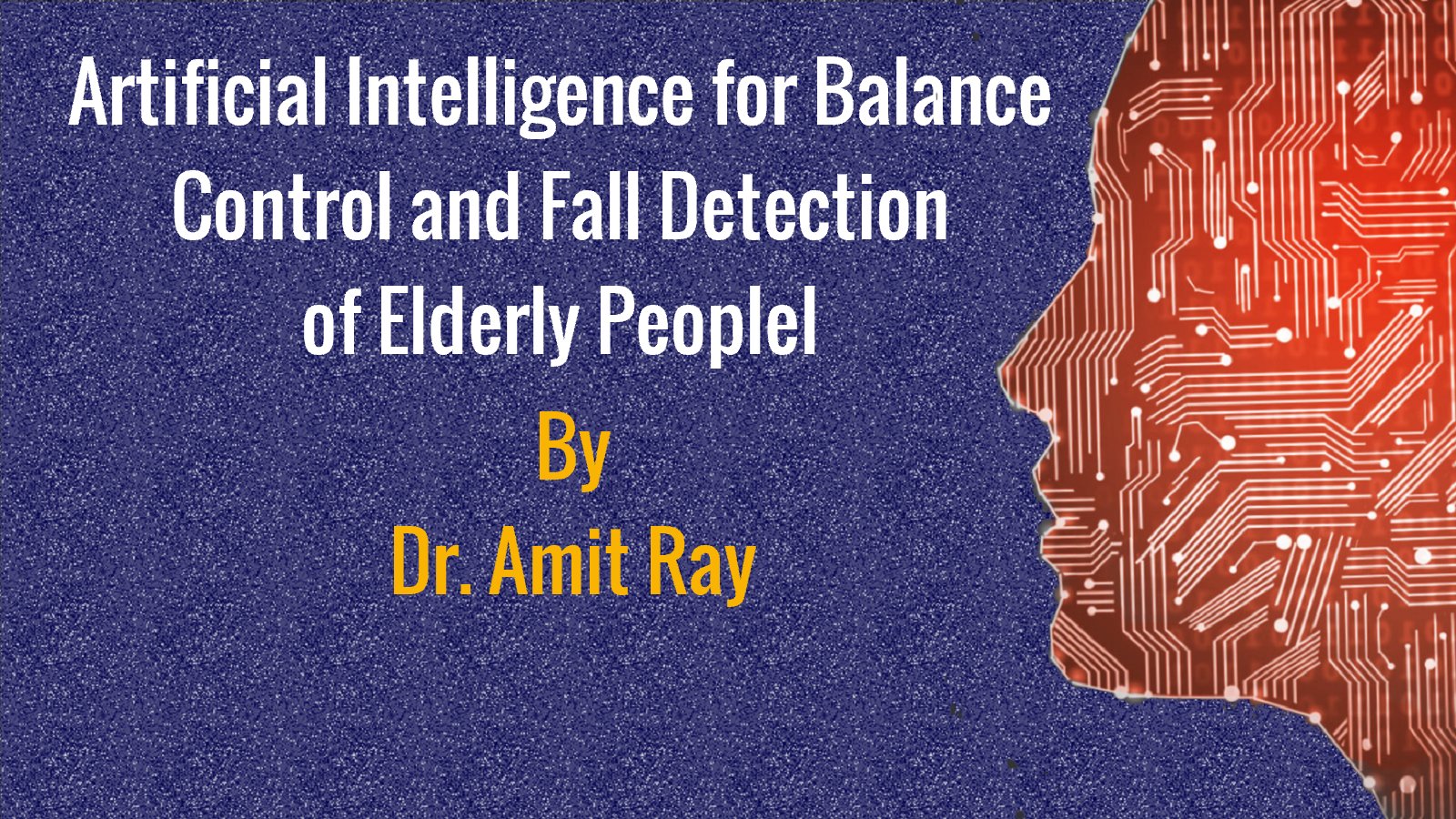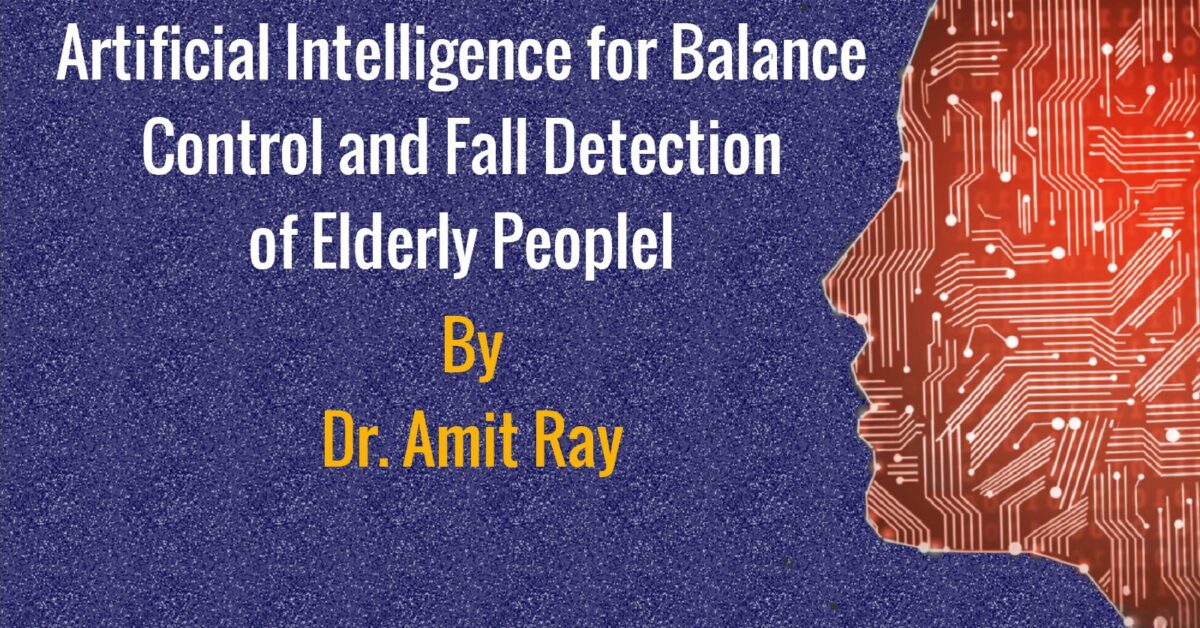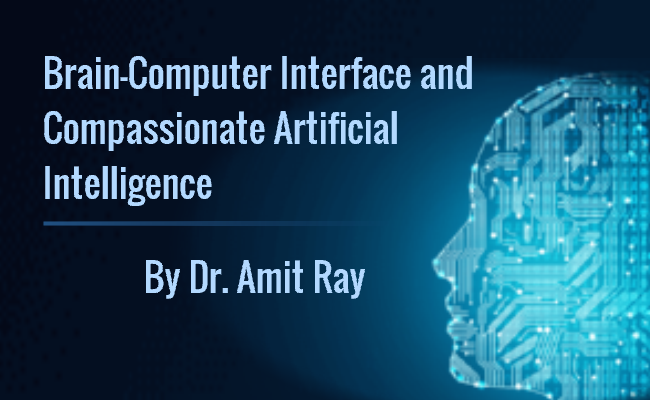Artificial Intelligence for Balance Control and Fall Detection of Elderly People
Balance control in elderly people is one of the key issues of old age. Artificial Intelligence can play a big role to solve this issue. In this research work, we demonstrate the application of machine learning techniques for posture alignments and the control of the body center of mass for disable people.
Designing automated balance control system for elderly people is one of the key project of our Compassionate AI Lab. Here, Dr. Amit Ray discuses about one of the recent project of AI using deep learning algorithms for automatic balance control of elderly people. He explains how machine learning algorithms can be used to study and improve the dynamical properties of postural stability of elderly people. The project focuses on how image recognition, human-body joint dynamics, and path navigation methods of artificial intelligence can be used to eliminate the imbalance, fall and injury of elderly people or for physically challenged people.

Compassionate Artificial Intelligence can be used for helping elderly people in many ways. Here, we discuss about one of our recent project of using AI & deep learning techniques for automatic balance control. The machine learning algorithms are used to improve dynamical properties of postural stability. In this project AI based machine learning algorithms are used to find the insights into the person specific postural strategies for older adults in order to adapt to the postural challenges during sleeping, standing, turning and walking. To study the body movement behavior of elderly people accurately, it is necessary to observe and record their movement trajectory and joint movements quantitatively and precisely in three dimensions.Read More »Artificial Intelligence for Balance Control and Fall Detection of Elderly People

